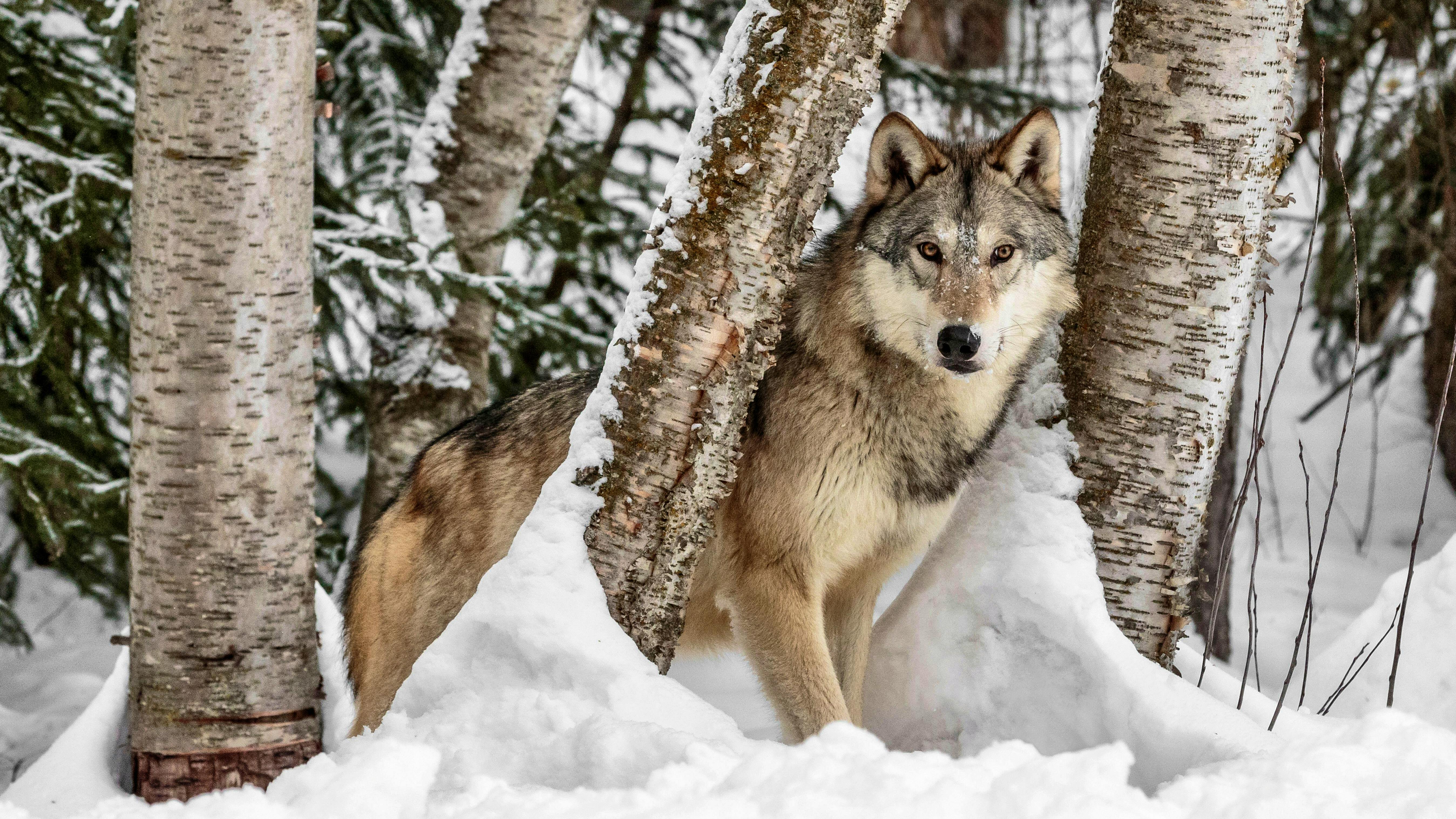Washington wolves under legislative attack – Our top wolf expert Suzanne Stone was in Washington this week meeting with political leaders and agricultural representatives to discuss the future of wolf management. She reports from the front lines that new legislation could undermine the state’s efforts to restore wolves:
“Washington stakeholders spent four years working to develop a comprehensive, science-based wolf management plan that underwent statewide public review. It is a balanced plan that promotes nonlethal deterrents to help livestock owners protect against losses to wolves. It also allows wolves to be killed if they become habituated to killing livestock and provides compensation to livestock owners to cover documented losses. But now powerful ranching advocates in the state senate are making an end-run around the plan to strip protection from wolves and allow their constituents to serve as judge, jury and executioner in killing wolves on private and public lands. Without state oversight to ensure that wolves are even responsible for the losses blamed on them, innocent wolves could be killed by those who oppose their very presence in Washington.”
We’re asking wolf supporters in Washington to help us oppose state Senate bills designed to stop wolf recovery in its tracks. We need your voice to stand up to those who want to cripple the plan and eradicate wolves. Please call your local legislators and tell them to VOTE NO on all senate wolf bills (SB 5187, SB 5188, SB 5193) . Access contact information for the senator in your area here.
Washington Department of Fish and Wildlife announced last week that the wolf population had nearly doubled since last year. That’s great news, but there are still only about 50 wolves in the state. We’ve got a long way to go before Washington’s wolf conservation objectives are achieved, so let’s keep those numbers growing!
Fladry works – For years we’ve been promoting flag fencing, known as fladry, as an effective nonlethal tool for keeping livestock safe from wolves. We’ve worked with many ranchers who have used it effectively to protect both cattle and sheep, but now we have video evidence to prove it. Last year, through the support of donors, we provided Washington Department of Fish and Wildlife with fladry that field biologists have used several times to successfully deter wolves from livestock. These biologists cleverly tested the fladry with a video camera recently by stringing it around a cow carcass – a serious temptation for a hungry wolf. Even after repeated visits over several days, the wolf never crossed the fladry line. See for yourself:
Wyoming collars more wolves – There’s a lot to complain about when it comes to wolf management in Wyoming. At least 74 wolves have been killed since the state took over wolf management in September – 42 in the trophy game area and 32 (out of approximately 50 wolves) in the “predator zone,” where wolves can be killed at anytime . But Wyoming Game and Fish does deserve a little credit for continuing to carefully monitor its wolf population. Early last week the department announced that they had collared 16 wolves in the trophy game area, putting a collar on at least one wolf in nearly every major pack. While collaring alone doesn’t protect wolves –as we’ve seen with the killing of several iconic, collaRed Wolves from Yellowstone—it will help ensure that state and federal biologists have the information they need to accurately assess the health of the population. Without this information, wildlife managers can’t make informed decisions about how their actions are affecting the wolf population. Good management must be based on good data, and at least they’ve got that second part down.
From the Blog






Follow Defenders of Wildlife
facebook twitter instagram youtube tiktok threads